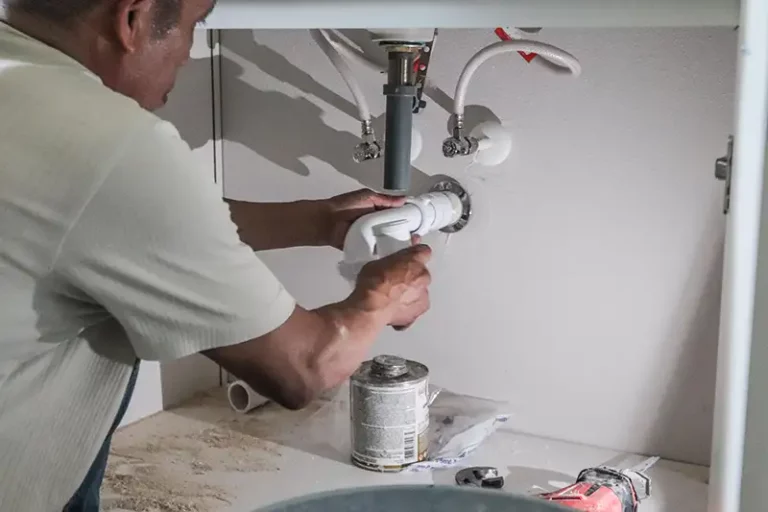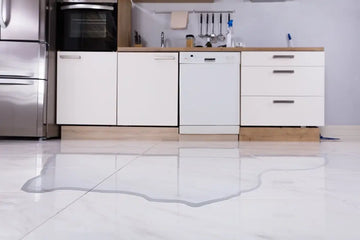In today's ever-evolving industrial landscape, the concept of 'risk-free leak detection' is more crucial than ever. Industry QA professionals constantly seek innovations that provide safety without compromising efficiency. Achieving a leak-proof environment is not just about preventing water damage but also about safeguarding operational processes and maintaining environmental integrity. The quest for risk-free leak solutions is more than just a precautionit's a necessity.

Understanding Risk-Free Leak Detection
Risk-free leak detection technologies are designed to identify potential leaks before they become catastrophic. These technologies employ a variety of methods, all aimed at ensuring the highest levels of safety and operational efficiency. For Industry QA, these technologies provide peace of mind, knowing that risks are minimized and processes remain uninterrupted.
The importance of such systems cannot be overstated. As industries grow, so do the risks associated with plumbing failures. Water leaks can lead to extensive damage, not only to physical structures but also to the very integrity of production processes https://dripx.io/blogs/our-insights/home-security-water-alarm. Thus, understanding and implementing risk-free systems is critical for any industry's success.
Advanced Leak Detection Technologies
Modern leak detection extends beyond traditional methods like visual inspections or listening devices. Today, the emphasis is on digital solutions such as Bluetooth water sensors and smart monitoring systems that offer real-time alerts. These tools employ a blend of IoT technology and sensor-based systems to continuously monitor environments for potential risks.
Such advancements not only facilitate early detection but also allow for automatic shutdowns of affected areas, preventing disaster. Imagine a world where adhesive water sensors communicate directly with facility management systems, outlining the most efficient response strategies, as outlined in industry reports.
Integrating Risk-Free Leak Detection
For any Industry QA professional, integrating risk-free leak detection systems must be a tailored approach. Assess the specific needs of your company and involve stakeholders across departments to ensure alignment and cohesiveness. A critical step in this integration process involves selecting the right technology based on the unique demands of your infrastructure and operational goals.
Moreover, it is vital to prioritize continuous monitoring and regular maintenance. The dynamic nature of industrial environments necessitates adaptable systems that can keep up with ongoing changes and demands, as discussed in the benefits of protection sensors.
Challenges in Implementing Detection Systems
Given the inherent complexities of implementing new technologies, challenges are inevitable. Issues ranging from budget constraints to technical expertise can hinder the rapid adoption of risk-free systems. However, by engaging with leading experts and investing in training, these challenges can be overcome, ensuring that all stakeholders are well-versed in the operation and benefits of the new systems.
Industry QA must champion these changes, promoting a culture of safety and innovation. Establishing clear guidelines and ROI metrics can further ease the transition, ensuring that investments in leak detection systems translate into tangible operational benefits.

FAQs on Leak Detection
What are the benefits of risk-free leak detection?
The primary benefits include early identification of potential risks, prevention of major water damage, and maintaining operational efficiency. Further insights can be found in Bluetooth sensor technologies.
How does leak detection technology work?
Modern leak detection systems use advanced sensors and IoT technology to continuously monitor for leaks, offering real-time alerts and automated responses.
Can these systems be integrated into existing infrastructures?
Yes, most modern systems are designed with adaptability in mind and can be integrated into existing infrastructures with minimal disruption. Visit our home security blogs for related insights.






